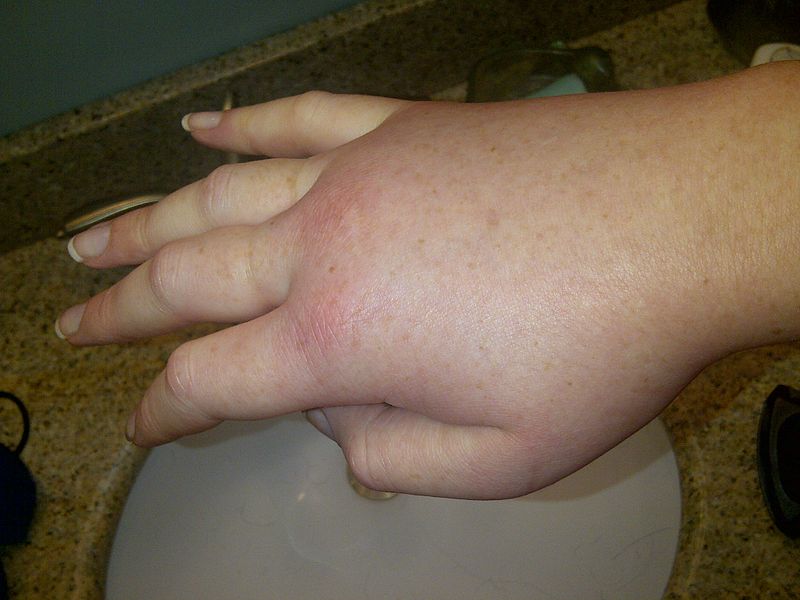

ADARx Pharmaceuticals has dosed the first cohort in a Phase I clinical trial of its short-interfering RNA (siRNA), ADX-324, to treat hereditary angioedema (HAE).
The placebo-controlled, randomised, double-blind, single ascending dose trial is being carried out in healthy volunteers in Australia, with an expansion cohort in HAE patients.
The Phase I, single-centre trial has been designed to evaluate ADX-324’s safety, tolerability, pharmacokinetics (PK), and pharmacodynamics (PD) in approximately 53 subjects.
It comprises two portions, the first one being a double-blind, randomised, placebo-controlled, parallel group, single ascending dose (SAD) in healthy volunteers, with up to six dose cohorts.
The second part will be open label, and is the expansion cohort in subjects with HAE at a selected dose from Part A.
Assessment of the tolerability and safety of ADX-324 when administered by subcutaneous injection is the trial’s primary objective.
ADARx Pharmaceuticals president and CEO Zhen Li said: “We are very excited to be advancing our first candidate that utilises our proprietary PLR delivery platform and SPE technology into the clinic.
“ADX-324 represents an innovative and differentiated approach for the treatment of HAE.”
The ADX-324 siRNA has been designed for minimising the production of the PKK protein that is critical to HAE etiology.
ADARx Pharmaceuticals Clinical Development vice-president Feriandas Greblikas said: “Dosing of our first participants in this trial is a major milestone for ADARx; in addition to its potential best-in-class efficacy, our pre-clinical studies in non-human primates have confirmed the likelihood for a bi-annual, and possibly annual, low volume subcutaneous dose regimen for ADX-324.”
The rare genetic disease HAE causes potentially life-threatening swelling attacks that are painful.
Cell & Gene therapy coverage on Clinical Trials Arena is supported by Cytiva.
Editorial content is independently produced and follows the highest standards of journalistic integrity. Topic sponsors are not involved in the creation of editorial content.


